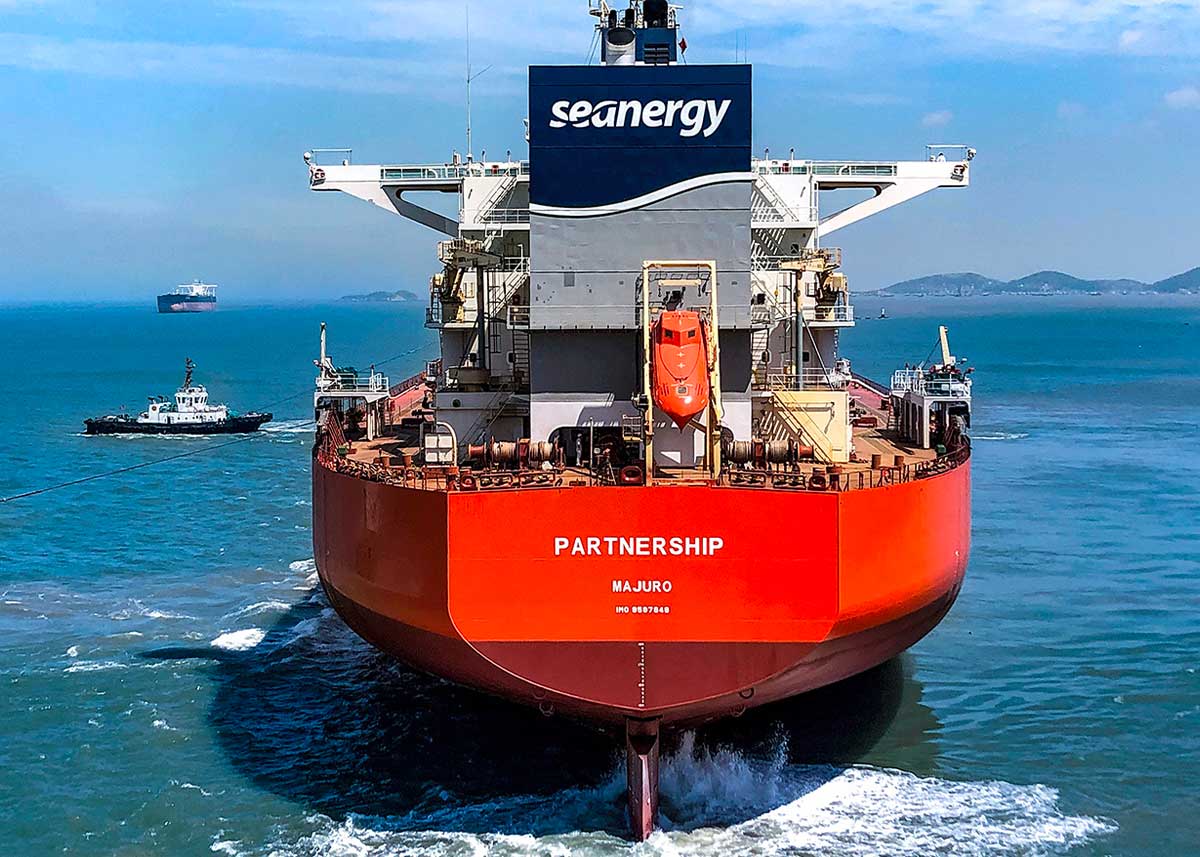Brussels raises the stakes on sanctions evasion: targeting flagless ships and security risks
Brussels – The European Union is intensifying efforts to counter sanctions evasion by Russia and to ensure maritime security, aiming for a Maritime Declaration that would allow member states to conduct coordinated inspections on the so-called Russian “shadow fleet.” This is a vast network of tankers, often old and with “flags of convenience,” used to transport Russian crude oil and energy products, bypassing the price cap and restrictions imposed by Brussels.
According to international press reports, the initiative aims to establish a common legal and operational framework to address the growing environmental and security risks posed by these ships, which often operate with insufficient insurance or in violation of international standards.
The European Commission, with the recent 19th sanctions package, has already expanded the blacklist, bringing the total number of sanctioned vessels linked to the Russian “shadow fleet” to over 560. The new instrument, which formalizes close cooperation already initiated by several Nordic countries, will focus particularly on ships classified as “stateless” (without a responsible flag state) or those flying a “false flag,” whose operations represent a threat to freedom of navigation and the marine environment.
The ultimate goal is twofold: to strengthen the effectiveness of restrictive measures against Moscow and, simultaneously, to protect European waters from potential incidents caused by operators who do not comply with minimum safety standards. The final approval of the Maritime Declaration by the Council is expected in the coming weeks.





